[ad_1]
We all know sensible contracts are strains of code on the blockchain that execute transactions routinely. These contracts are identified for his or her immutable nature, and as soon as they’re set in motion, they keep that method endlessly.
Then again, we’ve obtained one thing known as upgradable contracts. It means builders can tweak the code if wanted. Bugs present up? They’ll patch ’em up with out ranging from scratch. It’s fairly helpful for preserving issues clean and environment friendly.
Issues come up round who controls these adjustments. However having the ability to improve isn’t routinely unhealthy. It’s about utilizing it responsibly and having a contract that may adapt to the evolving wants.
Inspite of the debates and arguments concerning the upgradable sensible contracts, why are they nonetheless proving indispensable?
Let’s discover in our article as we speak the benefits one can have with upgradability, what’s the working behind the upgradable sensible contract and the best way to virtually implement them.
What are sensible contract upgrades?
Sensible contracts themselves are inherently immutable as soon as deployed. So, somewhat than modifying the code of an already deployed sensible contract, upgrading revolves round implementing a brand new sensible contract to exchange an current one.
This means of substitution permits the introduction of latest functionalities or modifications with out altering the unique code immediately.
Primarily, it includes swapping an previous contract for a brand new one whereas the older variations stay unchanged and immutable on the blockchain.
This ensures that finish customers of the dApp expertise a seamless transition with out having to regulate their interplay with the applying.
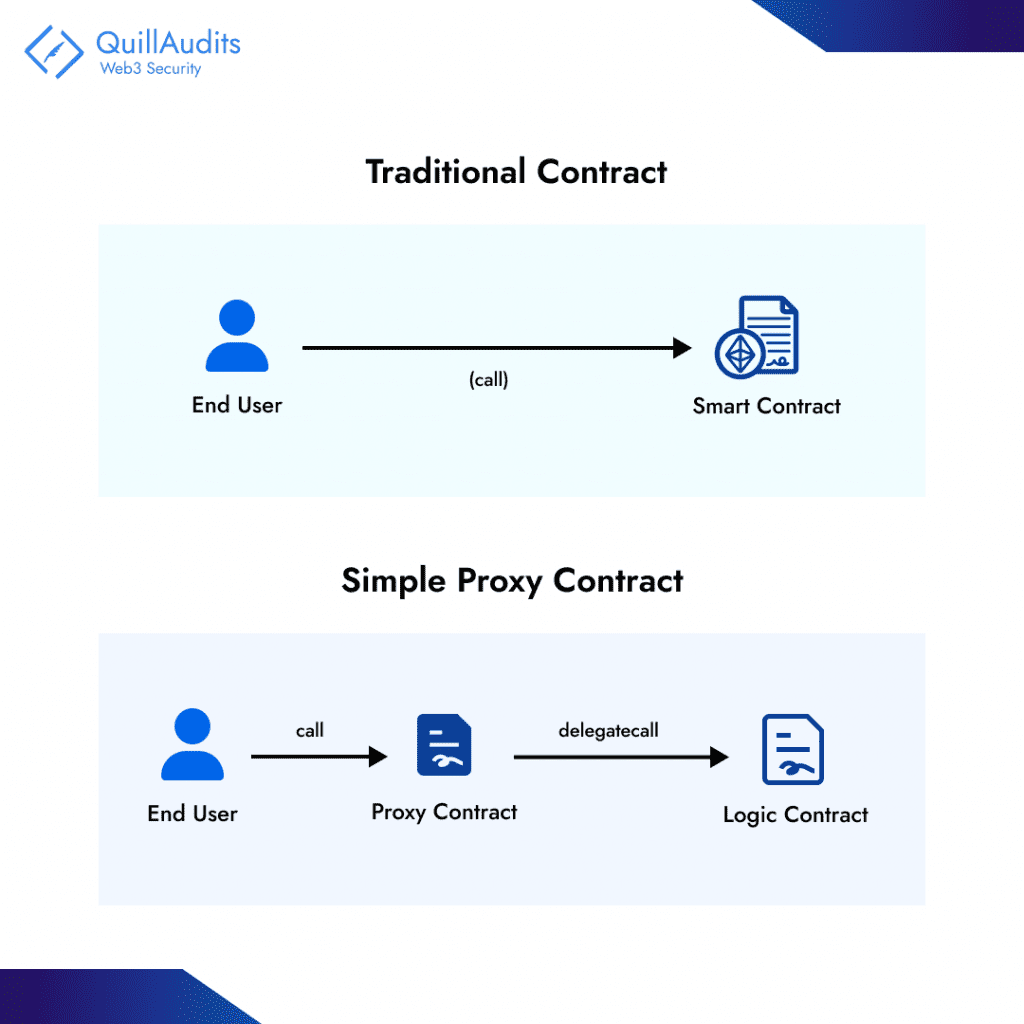

What’s the necessity for upgradable contracts?
Adapting to dynamic enterprise wants: Upgradability ensures that contracts can evolve, accommodating new functionalities or modifications demanded by evolving markets or person wants.
Safety and Bug Fixes: Upgradable contracts allow fast fixes to recognized points, enhancing safety and mitigating dangers promptly.
Not like immutable contracts, upgradable ones enable builders to create new variations and replace contracts, swiftly resolving any recognized vulnerabilities.
Effectivity: Upgrading streamlines the method of introducing enhancements, making certain enhanced effectivity with out the necessity for full redevelopment.
Scope for steady enchancment: These contracts facilitate steady improvement, permitting for ongoing enhancements in performance, safety, and efficiency.
Inclusive Governance: The system of upgradable contracts encourages neighborhood participation in shaping the contract’s evolution.
Group involvement ensures that the contract evolves in a clear method, aligning with the collective pursuits and desires of the stakeholders.
Method to upgrading sensible contract
Having highlighted the significance of upgradable sensible contracts in addressing the constraints of immutable contracts, let’s learn how to do it.
Knowledge-Separation Sample
The earliest was the data-separation sample, which separated sensible contracts into logic and storage entities, storing and managing the state respectively.
Nevertheless, fixed interactions between logic and storage incurred appreciable fuel prices, rendering this strategy inefficient.
Proxy-Primarily based upgradability
That’s why fashionable upgradability sensible contracts depend on proxies to handle upgradability effectively.
A set proxy contract maintains the system’s state whereas holding a changeable logic tackle. Not like standard contracts, customers work together with the proxy, directing their calls to the enterprise logic contract.
This setup ensures that logic contracts don’t retailer person information, simplifying upgrades. When an improve is important, deploying a brand new logic contract includes solely updating the tackle within the proxy contract.
Proxy Patterns and Their Variants
The three widespread variants of the proxy sample are:
Easy Proxy Sample
The straightforward proxy includes a hard and fast proxy contract and an execution contract (logic contract). The proxy maintains its execution context, storage, and ether steadiness.
Utilizing delegatecall, the proxy invokes the logic contract’s code inside its execution context, permitting the logic contract to change the proxy contract’s state whereas preserving the applying’s state intact.
Clear Proxy Sample
On this sample, the end-user calls immediately entry the logic contract, aside from management capabilities managed by the proxy for upgradability. This strategy mitigates operate selector clashes however incurs further fuel prices as a consequence of loading logic contract addresses for every delegatecall.
Common Upgradable Proxy Customary (UUPS) Sample
The Common Upgradable Proxy Customary (UUPS) establishes a standardized technique for creating proxy contracts with common compatibility throughout all contracts. Not like conventional proxy patterns, UUPS alters the improve course of by shifting the improve performance to the logic contract itself.
That is achieved by a selected design the place the logic contract inherits from a chosen “proxiable” father or mother contract that holds the improve performance. By integrating the improve logic right into a father or mother contract, this sample permits the compiler to detect potential clashes inside the identical contract, decreasing the probability of clashes between completely different contract elements.
Nevertheless, the implementation and upkeep of sensible contracts utilizing the UUPS sample would possibly pose some challenges in comparison with different proxy patterns as a consequence of their particular construction and inheritance necessities.
Motion steps for implementing upgradable contracts
Right here’s a step-by-step information to creating and upgrading a sensible contract. This course of permits you to create, deploy, and improve your sensible contracts utilizing Hardhat and OpenZeppelin‘s upgradable contract libraries.
Guarantee you may have Node.js (model 12 or greater) and Hardhat (model 2 or greater) put in in your system.
Step 1: Setting Up the Mission
1. Create a brand new challenge listing and navigate to it.
2. Initialize a brand new Node.js challenge:
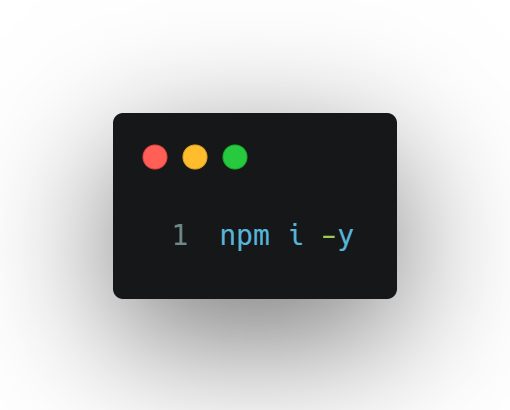

3. Set up mandatory packages:


4. Arrange your Hardhat challenge:
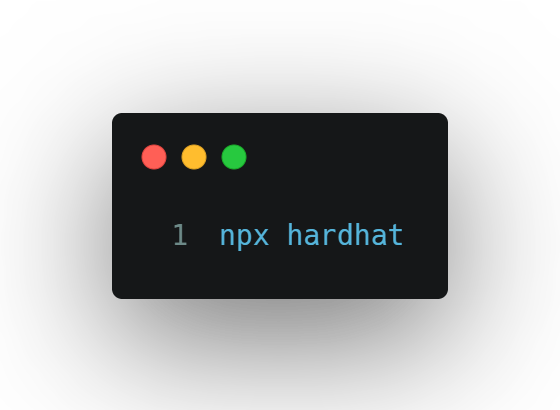

Step 2: Writing the Preliminary Contract
Create a brand new file named ‘MyContract.sol’ within the contracts listing and add the preliminary contract code. For instance:
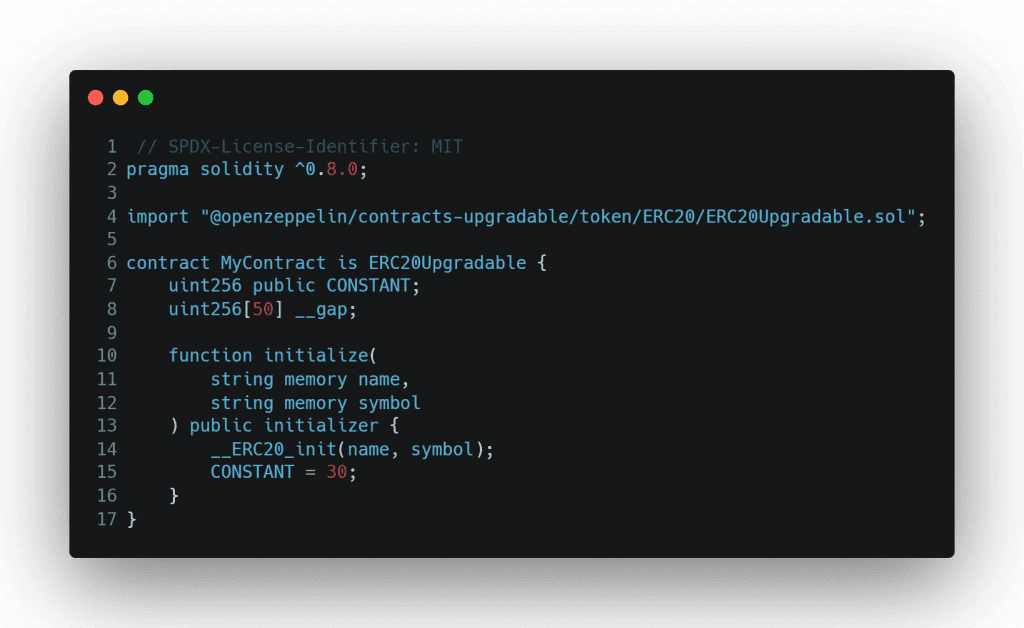

Step 3: Deploying the Preliminary Contract
Create a brand new file, ‘my-contract.js’ within the job folder and add the deployment code:
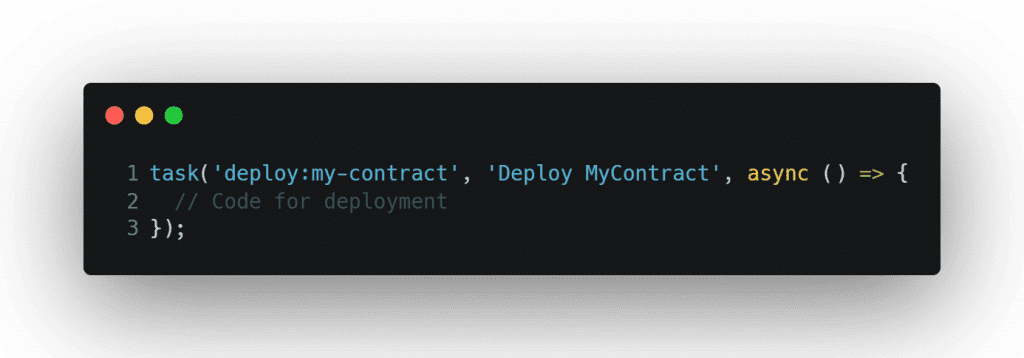

Step 4: Getting ready the Upgraded Contract
Replace ‘MyContract.sol’ to mirror the upgraded contract:
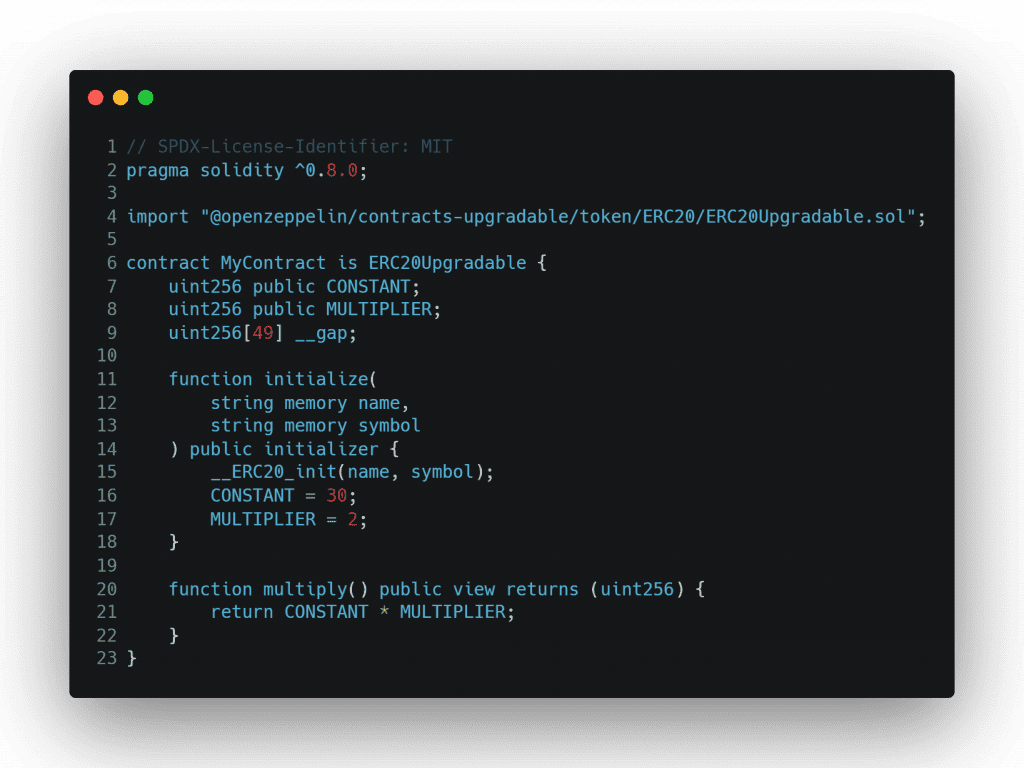

Step 5: Upgrading the Contract
Add an improve job in ‘my-contract.js’ to improve the contract:
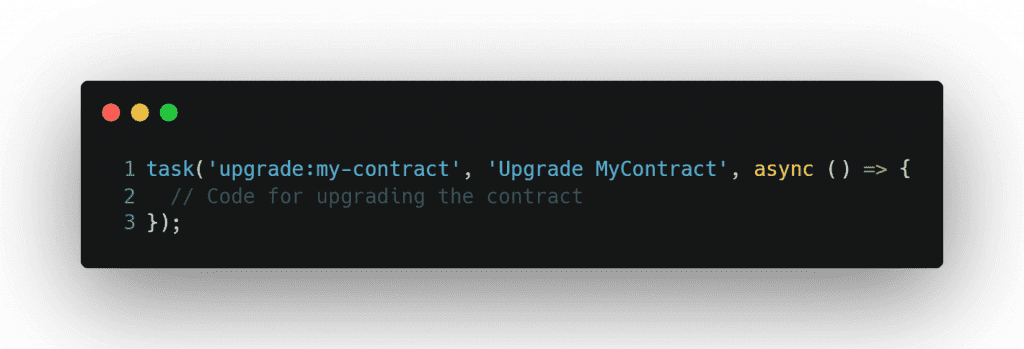

Guarantee to arrange configurations in ‘.env’ and ‘hardhat.config.js’ after which execute the deployment and improve instructions with Hardhat, adjusting the community flag as wanted.
Wrapping Up,
Speaking of the upgradable sensible contracts, safety dangers lurk in numerous varieties, from lacking initialization calls and potential storage clashes to unauthorized upgrades and denial-of-service vulnerabilities post-upgrade.
If left unchecked, these dangers can cascade into damaging exploits, posing a risk to each person funds and information integrity.
To guard these contracts towards such vulnerabilities, a meticulous sensible contract audit from reputed corporations like QuillAudits turns into crucial.
Within the quest for the agility and suppleness that upgradable contracts provide, safety should stand as an unwavering cornerstone. An audited and safe contract ensures that these contracts are void of errors or loopholes that may very well be exploited.
68 Views
[ad_2]
Source link



